FORT CARSON, Colo.-A peak in crime in the Colorado Springs entertainment district a few years ago led to an initiative that has had "a calming effect" in the area that houses the city's club scene.
The Civilian/Military Law Enforcement Collaborative has developed a continuous working relationship between the Colorado Springs Police Department and the surrounding military installations' police forces - including Fort Carson, said Jake Jacob, Fort Carson's deputy director of Emergency Services.
An article by Deputy Chief Ron Gibson, CSPD, in the December issue of "The Police Chief" described a problem in the club district that began a few years ago.
"In 2006, the CSPD recorded a significant increase in criminal activity in the downtown entertainment district popular with military personnel," the article said. "There was an upswing in the calls for service between 11 p.m. and 3 a.m. - approximately 1,200 times in 2006 and 1,800 in 2007 from the 54 liquor licensees located within this business district. ...
The increased presence of military personnel downtown resulted in the increased number of assaults, with military personnel being both victims and suspects."
In the article, Gibson said that "community partners are pleased with the calming effect that the increased presence of police and the cooperative approach ... has had on the neighborhood."
Although a working relationship existed before the cooperative, Gibson's article explained that it generally took a large-scale event - such as near riot-level nightclub brawls - to get the two working together.
"Often each authority is busy with its own issues, and it takes a crisis to cause this working relationship," the article said. "Beginning in 2006, it became apparent that Colorado Springs needed to establish a better working relationship with the military authorities to handle a growing problem."
The turnover rate of military law enforcement personnel affected the departments' interaction even more, said Jacob. In a Department of the Army civilian position, Jacob provides the continuity needed to keep the relationship in sync, he said.
"When they created my position ... I made the rounds and talked to all the law enforcement heads downtown," Jacob said. "Every one of them told me that, at the command level, there was essentially no interaction because of our constant turnover of provost marshals."
"It's a big help to not have to re-establish the relationships with the provost marshal every 18 months or so," Gibson added.
One of the benefits of the cooperative is that it keeps Soldiers out of the city jail and, in some cases, out of the city court system - which also helps lighten the caseload on the city's court dockets, Jacob said.
"We have this Friday- and Saturday-night liaison (military police) officer ... downtown," he said. "The original intent of that was to purely keep (Soldiers) out of the criminal justice channels - keep them out of jail, give them back to us, give them back to the command. We now have visibility. They may or may not have got a ticket or cited or jammed in the (Criminal Justice Center)."
Last year, the cooperation between the departments kept 15-17 Soldiers out of the Colorado Springs court system, Jacob said.
"That may seem like a small deal, but that's 15 Soldiers that aren't otherwise distracted," he said. "That's (also) roughly 70 Soldiers that have been involved with law enforcement and given back to us that we may not have otherwise known about. Out of that, roughly 15-17 or so didn't receive a citation just because it was a fairly minor incident and they knew they could turn them over to us. When you figure roughly 70-75 over two nights a week for a full year - that's about 140 days. You've got an average of one every weekend; that's being pulled back into our system. It's a fairly good return on investment."
That investment also benefits the local community by freeing up patrolmen and lightening the load in the judicial system.
"In 2008, (the liaison) was a big help. In 2009, to be honest, we were so short-staffed that we didn't have the time to drive them to (Fort Carson)," Gibson said. "(Patrols) out there at 2:30 a.m. needed to be able to take care of business. To have that (liaison office) is a big help."
The improved communication allows Jacob to meet with local enforcement and provide information to Fort Carson commanders on issues that may affect their Soldiers.
"We get information on where the drug issues are," Jacob said. "Most people in the city know where the drug issues are. But, we get information that we can come back and talk to the command about.
"We're talking to the law enforcement folks downtown so we can then take that information, synthesize it and go: 'Commanders, here are the issues that we want to let you know about.'"
While the benefits to Fort Carson are numerous, the cooperative also benefits local police departments.
"How often do we get the chance to give back' Army 101 (and) cooperative disciplines like this are just a couple of examples of how we're able to give back," Jacob said. "It's an opportunity for us to give something back to the local community, because they support the Army every day."
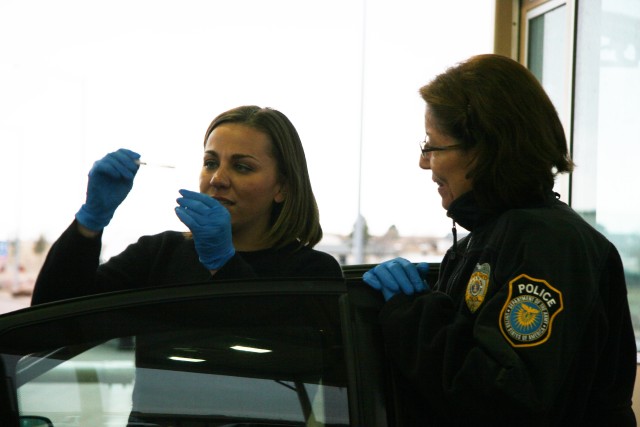
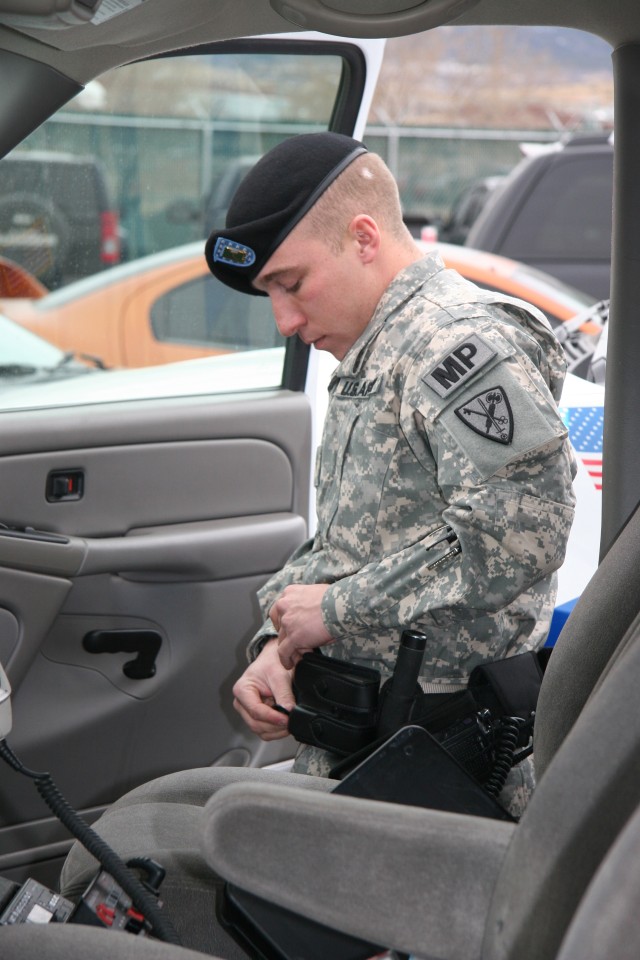
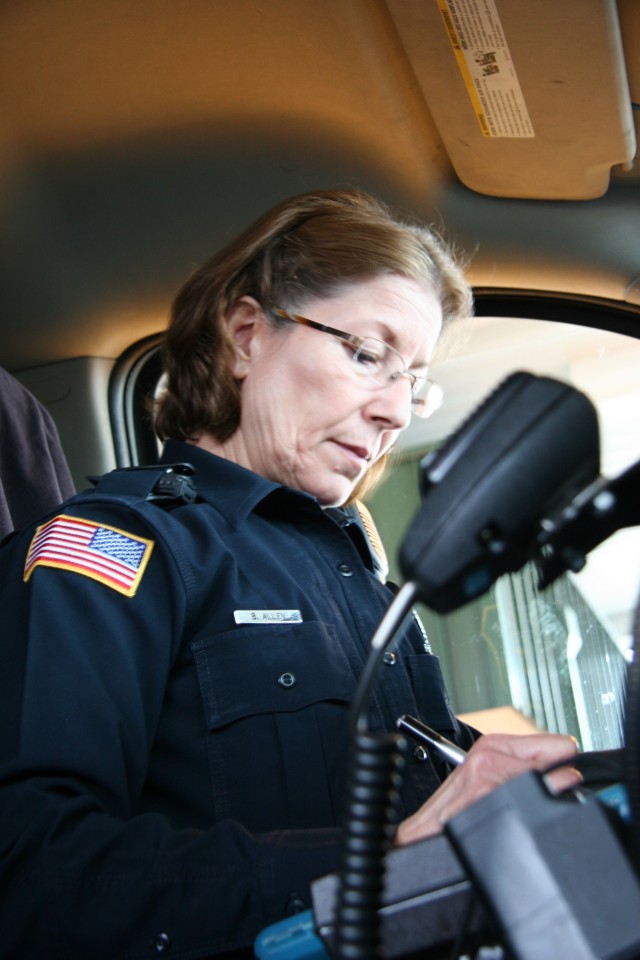
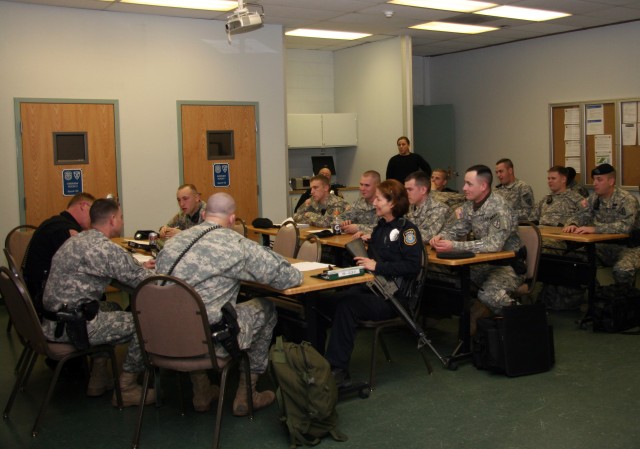
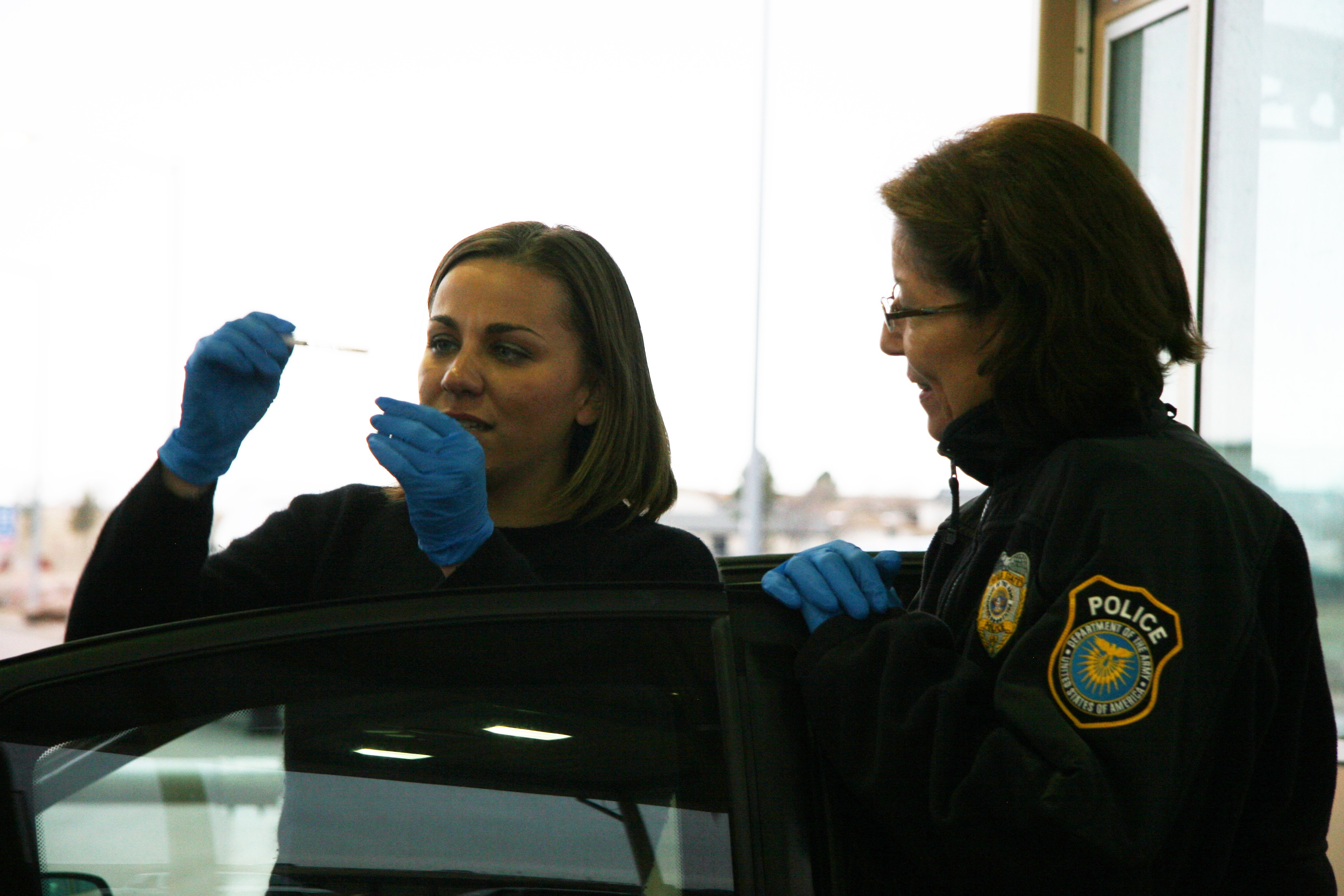
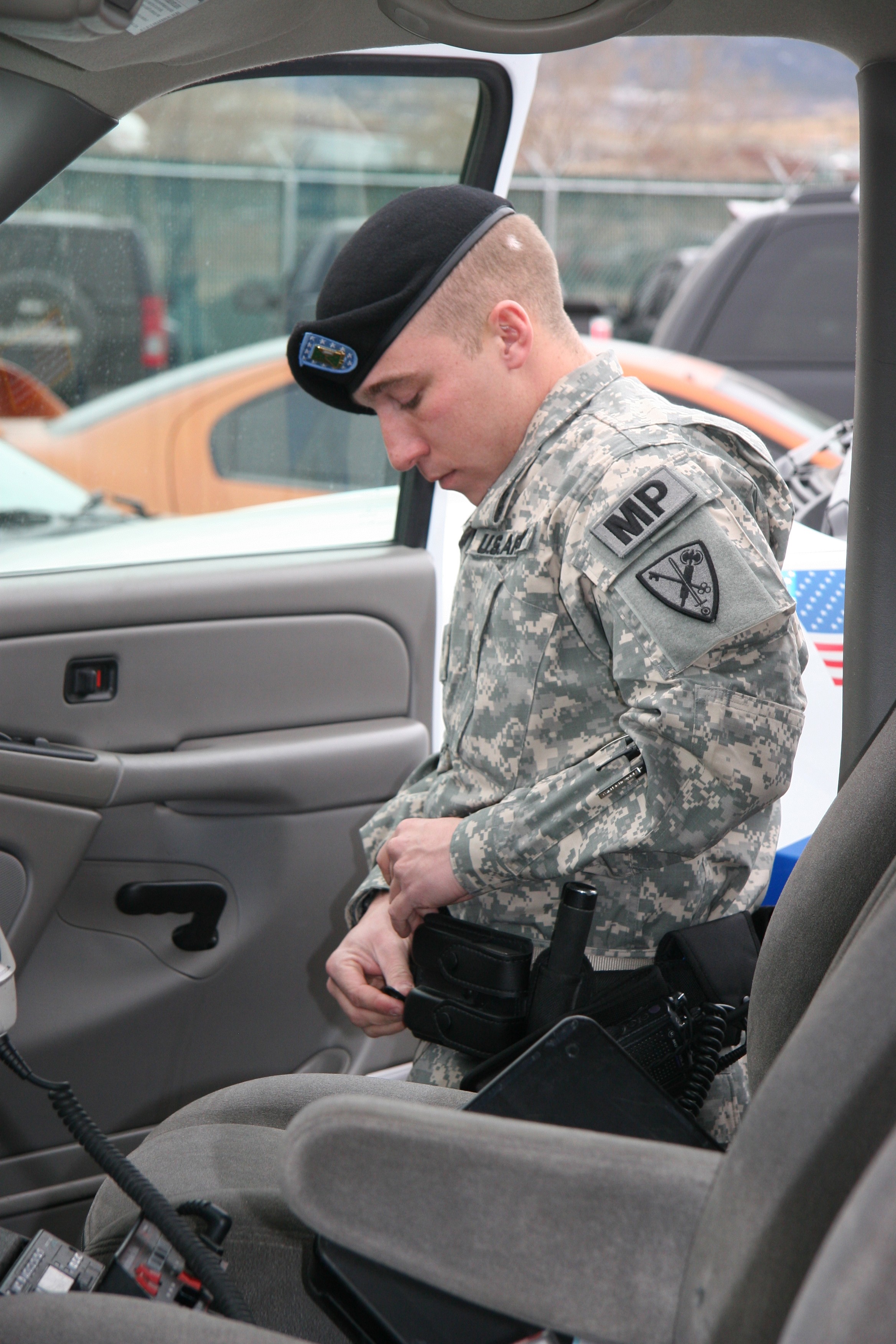
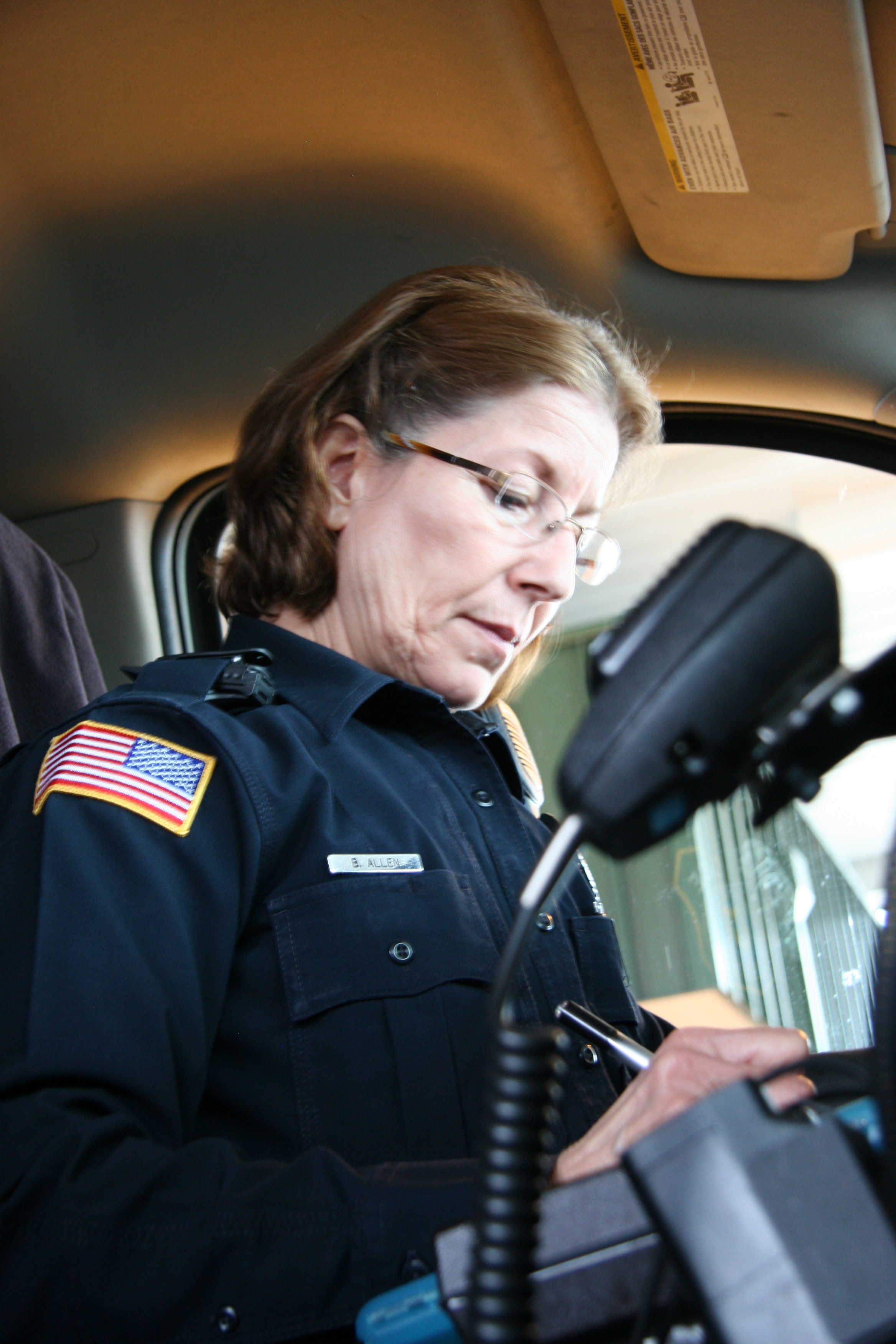
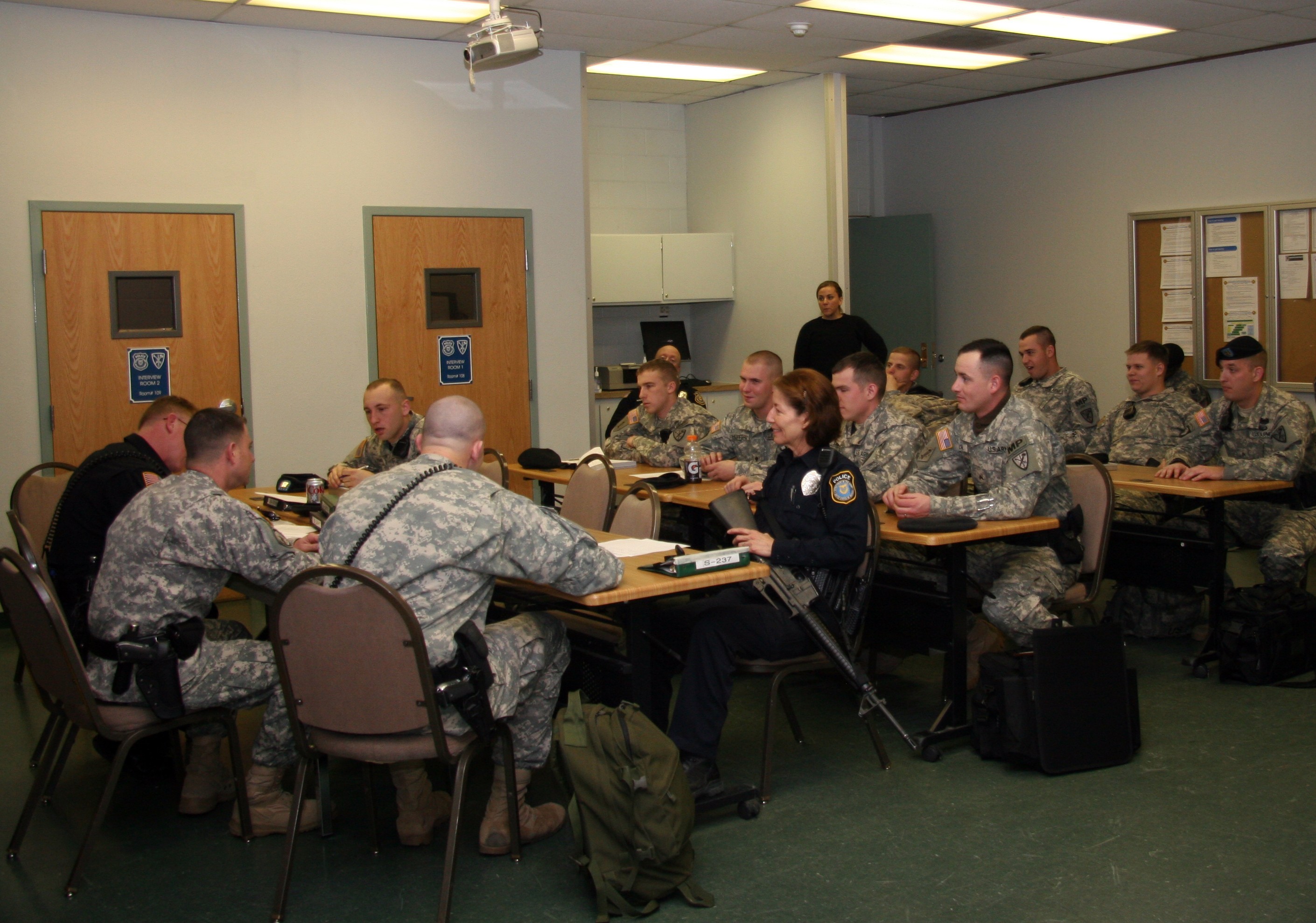
Social Sharing